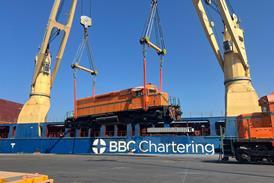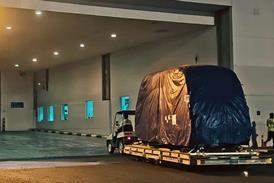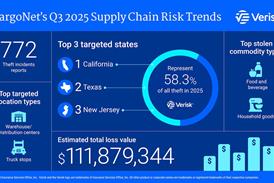EmissionLink managing director, Philippos Ioulianou, has cautioned shipowners against treating compliance pooling as a cost-cutting exercise, warning that a cheap pool that hides risk is worse than no pool at all.

With the EU ETS reporting deadline passed and FuelEU Maritime enforcement fast approaching, pooling has become one of the industry’s hottest topics as operators seek efficient pathways to meet emissions and fuel obligations.
However, a fixation on price risks undermining the very purpose of the regulation. “FuelEU pooling isn’t a procurement exercise,” said Ioulianou. “It’s a fundamental shift in regulatory responsibility. If shipowners view it simply as a budget line item, they risk stepping into the very pitfalls the regulation was designed to prevent.”
EmissionLink explained that pooling allows operators, particularly smaller fleets or those lacking access to alternative fuels, to aggregate carbon performance across vessels. When managed correctly, it can smoothen compliance and lower costs. But mismanaged pooling can expose participants to significant liabilities.
Once in a pool, a vessel’s carbon intensity is tied to that of every other participant. If one underperforms, or if the pool manager fails to act, all members face penalties. That raises crucial governance questions around performance monitoring, mid-year corrective actions, and responsibility for penalties or surpluses.
Ioulianou warned that many pooling schemes on offer today focus mainly on cost, often using market indexes as benchmarks, while ignoring governance, accountability and risk management. “Price references may guide cost but they don’t account for who’s responsible when things go wrong. Strong governance, continuous monitoring, and maritime expertise are what make pooling viable. Without them, the compliance risk multiplies,” he said.
He drew comparisons with the IMO’s proposed Net-Zero Framework (NZF), where similar governance challenges are emerging. “The same dynamic is visible in the IMO debate,” he said. “Ambition is outpacing accountability. Regulators are setting decarbonisation timelines that don’t fully reflect fuel availability or technological maturity. The lesson is clear, without governance and industry alignment, frameworks don’t reduce risk – they redistribute it.”
















